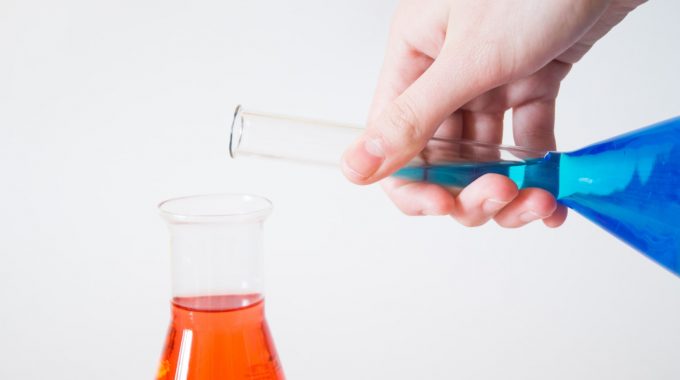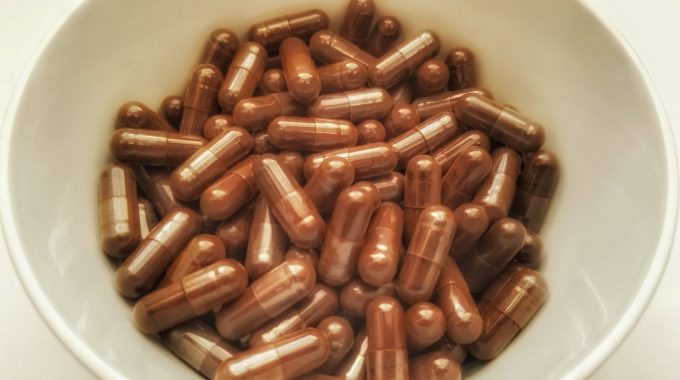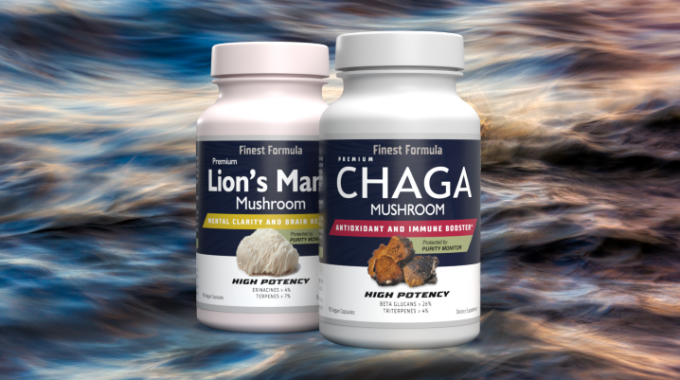
Toxic Chemicals in Personal Care Products You Should Avoid
While many people put much emphasis on having healthy food on the table, it is also right and proper to be conscious of the personal care products you are using. Some of these products contain toxic chemicals that can badly affect your health after continuous use. Products that contain any of these chemicals should be avoided and they include the following:
1. Mineral Oil
Many mommies use baby oil that is 100-percent mineral oil on their babies. Mineral oil prevents the skin from breathing and excreting properly. It may also hinder natural cell development in the skin, causing it to age prematurely.
2. Talc
Prolonged exposure to talc, which can be present in baby and adult powders as well as in some makeups and foundations, is linked to testicular and ovarian cancer.
3. Phthalates and Parabens
If you are buying perfumes, nail polish, hairsprays and other cosmetic products, watch out for parabens and phthalates. These two chemicals which commonly used as preservatives are highly carcinogenic and may put you at risk of having breast cancer.
4. Fragrances
Many personal care products contain fragrances that may be a synonym for thousands of different ingredients. According to some studies, many synthetic fragrances are toxic or carcinogenic and can create an adverse effect on the central nervous system. The best choice would be to use fragrance-free products. Fragrances are common in deodorants, lotions, shampoos, soaps and other body care products.
5. DMDM Hydantoin and Imidazolidinyl Urea
These chemicals are derivatives of formaldehyde which are used to preserve corpses. Exposure to these chemicals may cause some people to develop allergic reactions such as headaches, dizziness, fatigue, chest pains, joint pains and ear infections among others. These chemicals may also trigger depression and asthma. They can also weaken your immune system and cause serious health problems including cancer. Absurdly, they can be found in your antiperspirants as well as hair and body products.
6. Color Pigments FD and C
Color pigments FD and C are derived from coal tar which is highly carcinogenic. These pigments are known to affect the urinary bladder and the adrenal glands. For some people, exposure to products that contain these pigments may result in skin irritations and oxygen depletion in the blood.
7. Isopropyl Alcohol
Many scientists believe that the isopropyl alcohol present in aftershave lotions, body lotions and body rubs can destroy the body’s intestinal flora. As a result, it makes the major organs in the body more vulnerable to parasites and the growth of cancer cells. Aside from these serious side effects, this type of alcohol may also cause vomiting, dizziness, headache or nausea.
8. DEA (Diethanolamine), TEA (Triethanolamine) and MEA (Monoethanolamine)
DEA, TEA and MEA are hormone-disrupting chemicals which can increase your risk of certain cancers, particularly kidney and liver cancers. Watch out for these ingredients in your facial cleansers, shampoos and bubble baths. Also, be sure that your children are using products that do not contain these ingredients.
9. Triclosan
Be careful also with using products that contain triclosan such as toothpaste and cleansers. Triclosan is a highly toxic chemical in personal care products which can disrupt hormones, suppress the immune system, and cause heart and brain problems.
10. Polyethylene Glycol (PEG) and Propylene Glycol
Many hair personal care products including deodorants, toothpaste and makeups contain either PEG or propylene glycol. PEG strips the skin of protective oil, leaving it exposed to toxins in the surrounding areas. Direct exposure to propylene glycol, on the other hand, can cause abnormalities in the kidney, liver, and brain.
When you shop for personal care products, be careful to choose products that do not contain any of the chemicals listed above. Otherwise, you will be compromising your health or that of your children.



